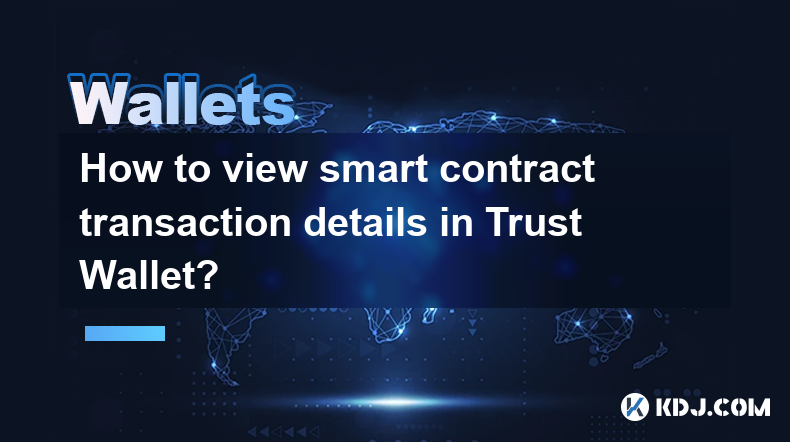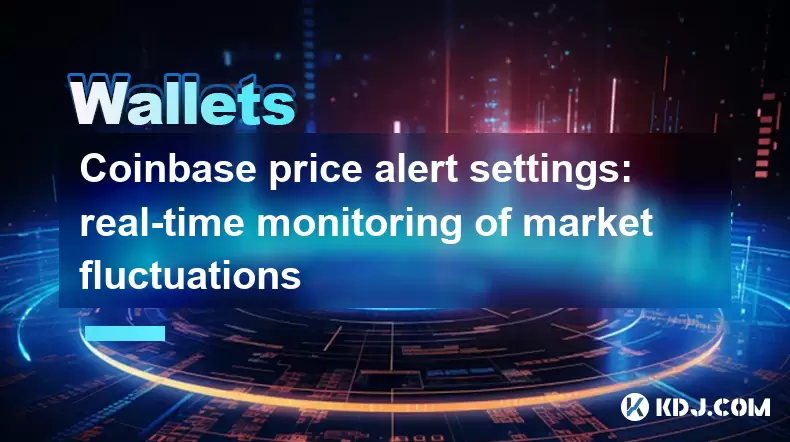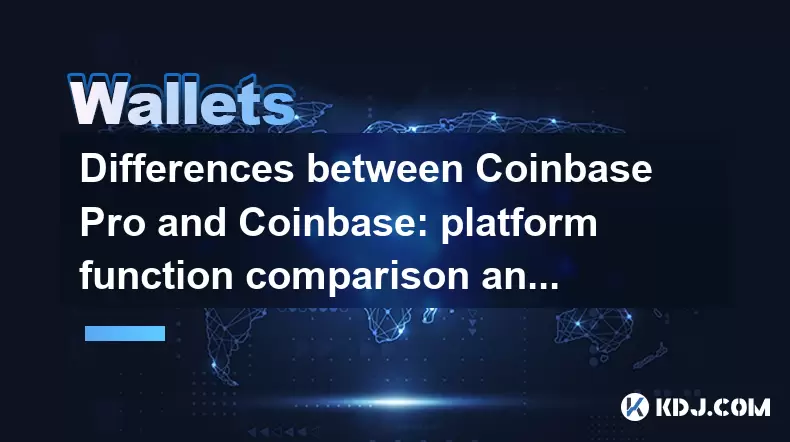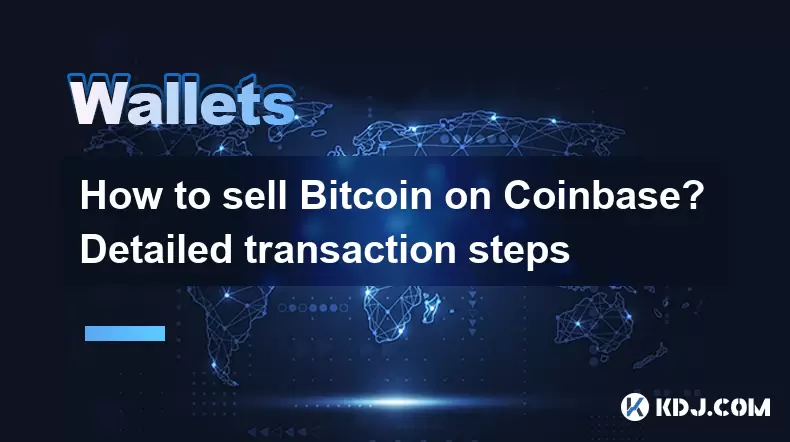-
 Bitcoin
Bitcoin $108,165.4587
0.78% -
 Ethereum
Ethereum $2,456.3517
1.15% -
 Tether USDt
Tether USDt $1.0003
0.00% -
 XRP
XRP $2.1934
0.05% -
 BNB
BNB $650.0935
0.52% -
 Solana
Solana $151.3905
2.69% -
 USDC
USDC $0.9998
0.00% -
 TRON
TRON $0.2751
-0.32% -
 Dogecoin
Dogecoin $0.1640
0.87% -
 Cardano
Cardano $0.5631
0.57% -
 Hyperliquid
Hyperliquid $38.7115
4.69% -
 Bitcoin Cash
Bitcoin Cash $493.1868
-0.39% -
 Sui
Sui $2.8217
3.61% -
 Chainlink
Chainlink $13.3994
2.08% -
 UNUS SED LEO
UNUS SED LEO $9.1632
0.94% -
 Avalanche
Avalanche $18.0318
1.97% -
 Stellar
Stellar $0.2388
0.35% -
 Toncoin
Toncoin $2.8763
1.41% -
 Shiba Inu
Shiba Inu $0.0...01160
1.59% -
 Litecoin
Litecoin $86.6393
1.29% -
 Hedera
Hedera $0.1485
0.16% -
 Monero
Monero $315.7948
1.56% -
 Polkadot
Polkadot $3.4240
1.88% -
 Bitget Token
Bitget Token $4.6314
-0.44% -
 Dai
Dai $0.9998
-0.01% -
 Ethena USDe
Ethena USDe $1.0002
-0.01% -
 Uniswap
Uniswap $7.2110
2.59% -
 Aave
Aave $270.6087
6.07% -
 Pi
Pi $0.5350
0.52% -
 Pepe
Pepe $0.0...09545
1.26%
How to view smart contract transaction details in Trust Wallet?
To view smart contract transactions in Trust Wallet, navigate to your portfolio, select the token, and tap on the transaction to see details like hash, timestamp, and gas fee.
Apr 02, 2025 at 07:07 pm

Understanding Smart Contract Transactions in Trust Wallet
Trust Wallet, a popular mobile cryptocurrency wallet, supports various blockchains and consequently, interactions with smart contracts. Viewing the details of these transactions requires understanding that the process differs slightly depending on the blockchain and the specific smart contract. The information displayed will generally include transaction hashes, timestamps, gas fees, and the contract's interaction details. However, deciphering the exact actions taken by the contract may require external tools. This article will guide you through accessing this information.
Accessing Transaction History
First, you need to locate your transaction history within Trust Wallet. This is usually found by navigating to your portfolio view. Each cryptocurrency you hold will usually have its own transaction history. Select the token involved in the smart contract interaction. Once you've selected the token, you'll see a list of transactions. Finding the specific smart contract transaction requires careful examination of the transaction descriptions. They might show the contract address or a short description of the action.
Identifying the Smart Contract Transaction
Not all transactions involve smart contracts. Therefore, identifying the relevant transaction is crucial. Look for transactions with descriptions mentioning contract interactions, such as "Approve," "Transfer," or other actions specific to the decentralized application (dApp) you used. The transaction description may also include the contract address itself, a long hexadecimal string of characters. Remember to carefully review the details of each transaction to ensure you've selected the correct one.
Viewing Detailed Transaction Information
Once you've identified the smart contract transaction, tap on it. Trust Wallet will display a summary of the transaction. This summary usually includes:
- Transaction Hash: A unique identifier for the transaction on the blockchain. This is crucial for verifying the transaction's authenticity on a blockchain explorer.
- Timestamp: The time and date the transaction was executed.
- From Address: Your wallet address that initiated the transaction.
- To Address: The recipient address of the transaction, which might be a smart contract address.
- Value: The amount of cryptocurrency transferred.
- Gas Fee: The cost of executing the transaction on the blockchain.
- Status: Whether the transaction was successful or failed.
Utilizing Blockchain Explorers for Deeper Insights
While Trust Wallet provides a summary, it may not show all the intricate details of a smart contract interaction. For a more comprehensive analysis, you need to use a blockchain explorer. Each blockchain has its own explorer (e.g., Etherscan for Ethereum, BscScan for Binance Smart Chain). Copy the transaction hash from Trust Wallet and paste it into the search bar of the relevant blockchain explorer.
The blockchain explorer will provide significantly more detailed information:
- Detailed Contract Interaction Data: This reveals the specific function called within the smart contract and the parameters used. This can be complex and require technical understanding.
- Internal Transactions: Smart contracts often trigger other transactions internally. The explorer will show these.
- Gas Usage Breakdown: A more detailed breakdown of the gas fees incurred during the transaction.
- Transaction Logs: Events emitted by the smart contract during execution. These logs provide valuable insights into the state changes within the contract.
Navigating Complex Smart Contract Interactions
Understanding the data provided by blockchain explorers requires some technical knowledge. The information presented might include hexadecimal data, complex function calls, and event logs. For users unfamiliar with these concepts, utilizing online tools or seeking assistance from experienced developers might be necessary. Always be cautious when interpreting complex data and avoid making assumptions without proper verification.
Troubleshooting Common Issues
Sometimes, you might encounter issues while trying to view transaction details. Here are some common problems and solutions:
- Transaction not showing up: Ensure sufficient time has passed for the transaction to be confirmed on the blockchain. Network congestion can cause delays.
- Incorrect blockchain selected: Make sure you're using the correct blockchain explorer for the specific token involved.
- Complex contract interactions: If the transaction involves a sophisticated smart contract, the details might be difficult to understand without specialized tools or knowledge.
Frequently Asked Questions
Q: What if I don't see the transaction in my Trust Wallet history?
A: Ensure the transaction has been confirmed on the blockchain. Network congestion can cause delays. Check the relevant blockchain explorer using the transaction hash if you have it.
Q: Can I view smart contract transactions for all tokens in Trust Wallet?
A: Not all tokens support smart contract interactions. Only tokens on blockchains that support smart contracts (like Ethereum, Binance Smart Chain, etc.) will have this feature.
Q: What if the blockchain explorer doesn't show detailed information?
A: The level of detail provided by a blockchain explorer depends on how the smart contract is coded. Some contracts provide more detailed logging than others.
Q: What if I don't understand the information on the blockchain explorer?
A: The data can be complex. Consult online resources, documentation, or seek help from experienced developers if needed.
Q: Is it safe to use blockchain explorers?
A: Reputable blockchain explorers are generally safe to use. However, always exercise caution and only use trusted and well-known explorers. Never enter your private keys or seed phrase on any website.
Disclaimer:info@kdj.com
The information provided is not trading advice. kdj.com does not assume any responsibility for any investments made based on the information provided in this article. Cryptocurrencies are highly volatile and it is highly recommended that you invest with caution after thorough research!
If you believe that the content used on this website infringes your copyright, please contact us immediately (info@kdj.com) and we will delete it promptly.
- ATOM, BNB, BlockDAG: Decoding the Latest Crypto Dynamics in the Concrete Jungle
- 2025-06-30 01:30:11
- Bitcoin's Role in a Weak Dollar World: Crypto Demand and Freedom
- 2025-06-30 00:50:12
- Binance, CZ, and XRP: Navigating the Crypto Currents
- 2025-06-30 00:55:12
- PayPal, PYUSD, and Stellar (XLM:
- 2025-06-30 00:30:12
- Nike, Coinbase, and Large Cap Gainers: What's the Buzz?
- 2025-06-30 00:30:12
- Crypto's Cutting Edge: Web3 AI, Ethereum's Foundation, and Dogecoin's Enduring Meme Magic
- 2025-06-30 01:30:11
Related knowledge

Coinbase price alert settings: real-time monitoring of market fluctuations
Jun 29,2025 at 07:00am
Setting Up Coinbase Price AlertsTo begin real-time monitoring of market fluctuations on Coinbase, users can utilize the built-in price alert feature. This function allows you to receive notifications when a cryptocurrency reaches a specific price point. To access this setting, open the Coinbase app or log in via the web platform. Navigate to the 'Prices...

How to stake cryptocurrencies on Coinbase? Benefits and risks
Jun 27,2025 at 06:36pm
Understanding Cryptocurrency Staking on CoinbaseStaking cryptocurrencies involves locking up digital assets to support the operations of a blockchain network, typically in return for rewards. Coinbase, one of the most popular cryptocurrency exchanges globally, offers staking services for several proof-of-stake (PoS) coins. Users can stake their holdings...

Differences between Coinbase Pro and Coinbase: platform function comparison and analysis
Jun 29,2025 at 08:21am
Overview of Coinbase and Coinbase ProWhen exploring the cryptocurrency trading landscape, users often encounter two platforms under the same parent company: Coinbase and Coinbase Pro. While both are operated by the same organization, they cater to different types of users and offer varying features. Coinbase is primarily designed for beginners and casua...

How to contact Coinbase customer service? Support channels and response times
Jun 28,2025 at 01:29pm
Contacting Coinbase Customer Service: Support Channels and Response TimesIf you're a user of Coinbase, reaching their customer service team may become necessary for various reasons, such as account verification issues, transaction disputes, or technical difficulties. Understanding the different support channels available and what to expect in terms of r...

Coinbase advanced trading function usage tutorial: limit orders and market orders
Jun 28,2025 at 09:07pm
Understanding the Difference Between Limit Orders and Market OrdersWhen using Coinbase's advanced trading features, it is crucial to understand the fundamental difference between limit orders and market orders. A market order executes immediately at the best available price on the market. This type of order ensures that your trade goes through quickly, ...

How to sell Bitcoin on Coinbase? Detailed transaction steps
Jun 29,2025 at 04:22am
Setting Up Your Coinbase Account for TransactionsBefore you can sell Bitcoin on Coinbase, you must ensure your account is fully set up and verified. Coinbase requires identity verification to comply with regulatory standards. This process involves uploading a government-issued ID, confirming your address, and sometimes submitting a selfie holding the ID...

Coinbase price alert settings: real-time monitoring of market fluctuations
Jun 29,2025 at 07:00am
Setting Up Coinbase Price AlertsTo begin real-time monitoring of market fluctuations on Coinbase, users can utilize the built-in price alert feature. This function allows you to receive notifications when a cryptocurrency reaches a specific price point. To access this setting, open the Coinbase app or log in via the web platform. Navigate to the 'Prices...

How to stake cryptocurrencies on Coinbase? Benefits and risks
Jun 27,2025 at 06:36pm
Understanding Cryptocurrency Staking on CoinbaseStaking cryptocurrencies involves locking up digital assets to support the operations of a blockchain network, typically in return for rewards. Coinbase, one of the most popular cryptocurrency exchanges globally, offers staking services for several proof-of-stake (PoS) coins. Users can stake their holdings...

Differences between Coinbase Pro and Coinbase: platform function comparison and analysis
Jun 29,2025 at 08:21am
Overview of Coinbase and Coinbase ProWhen exploring the cryptocurrency trading landscape, users often encounter two platforms under the same parent company: Coinbase and Coinbase Pro. While both are operated by the same organization, they cater to different types of users and offer varying features. Coinbase is primarily designed for beginners and casua...

How to contact Coinbase customer service? Support channels and response times
Jun 28,2025 at 01:29pm
Contacting Coinbase Customer Service: Support Channels and Response TimesIf you're a user of Coinbase, reaching their customer service team may become necessary for various reasons, such as account verification issues, transaction disputes, or technical difficulties. Understanding the different support channels available and what to expect in terms of r...

Coinbase advanced trading function usage tutorial: limit orders and market orders
Jun 28,2025 at 09:07pm
Understanding the Difference Between Limit Orders and Market OrdersWhen using Coinbase's advanced trading features, it is crucial to understand the fundamental difference between limit orders and market orders. A market order executes immediately at the best available price on the market. This type of order ensures that your trade goes through quickly, ...

How to sell Bitcoin on Coinbase? Detailed transaction steps
Jun 29,2025 at 04:22am
Setting Up Your Coinbase Account for TransactionsBefore you can sell Bitcoin on Coinbase, you must ensure your account is fully set up and verified. Coinbase requires identity verification to comply with regulatory standards. This process involves uploading a government-issued ID, confirming your address, and sometimes submitting a selfie holding the ID...
See all articles

























































































